Biological Diversity and Function in Soils
Soil has generally been regarded as something of a 'black box' by ecologists. The importance of soil is obvious: it provides physical support for plants, and both the living and non-living components contribute to a variety of important environmental functions. Soil is a species-rich habitat, but many questions about the ecological significance of the soil's biological diversity, and in particular how it affects ecosystem function, have never been asked. The linkages between above-ground ecology, which is rich in ecological theory, and below-ground ecology, where investigation has been restricted by methodological difficulties, have not been made. Technical developments, including isotopic and molecular methods as well as experimental and modelling approaches, have led to a renaissance in soil biodiversity research. The key areas are reflected in this exciting volume which brings together many leading contributors to explore the role and importance of soil biota.
{{comment.content}}
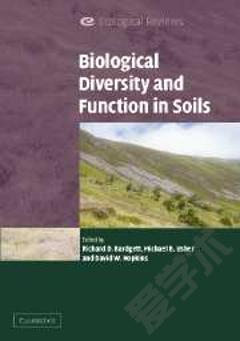
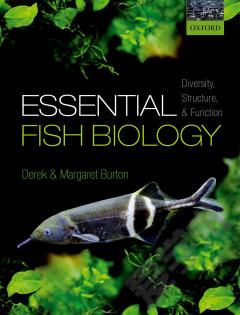
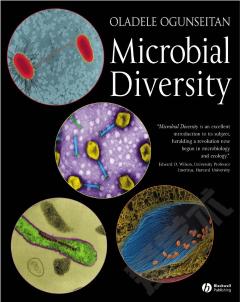
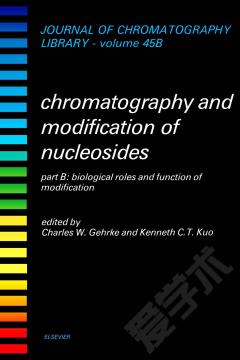

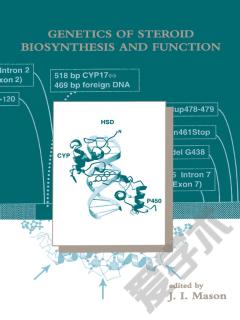
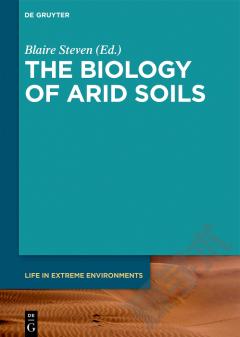

 京公网安备 11010802027623号
京公网安备 11010802027623号